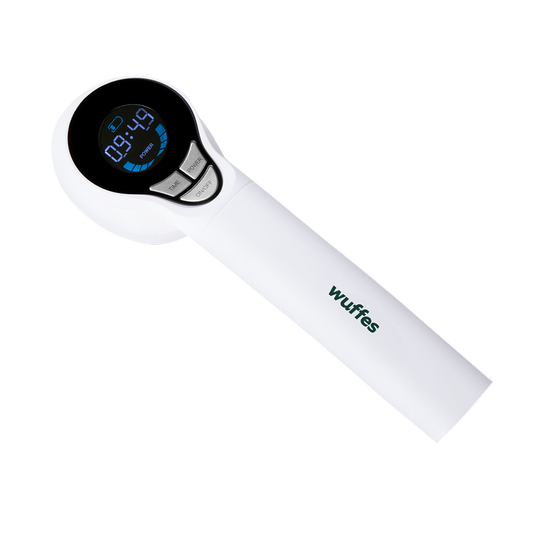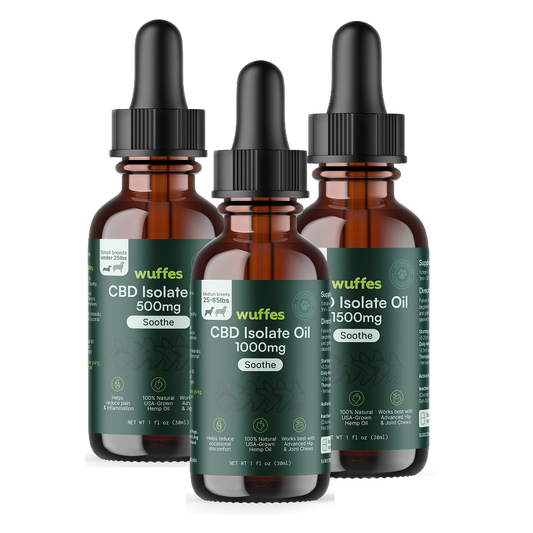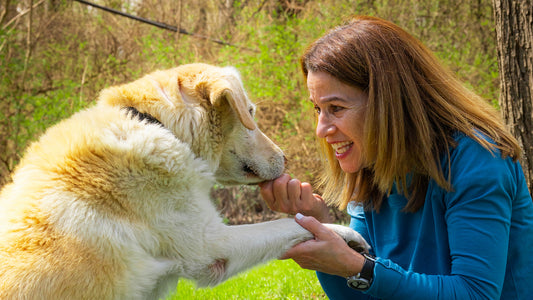Joint problems are among the most common concerns for aging and large dogs. While not entirely avoidable, various nutritional strategies and supplements may help support joint health and comfort. By proactively addressing these concerns, you can promote a better quality of life for your pet.
Different dogs may experience varying joint issues, but proper nutrition and supplementation are effective areas to focus on for all breeds.
What are the signs of joint problems in dogs?
Early detection is key to addressing joint problems effectively. Here are some signs that may indicate your dog is experiencing joint discomfort:
-
Decreased Activity
Dogs may become less active, opting for longer naps and moving more slowly. You might notice them hesitating to climb stairs or engaging in play. -
Signs of Discomfort
Look for signs of discomfort, such as vocalizing when jumping or playing. Instead of running, they may hop or limp, indicating difficulty placing weight on their paws. -
Behavior Changes
Joint discomfort can lead to changes in behavior, including increased irritability or restlessness. If your dog seems less social, it may be worth investigating potential joint concerns. -
Swelling
Swelling in the legs or joints can be a clear indication of joint issues. If you notice your dog excessively licking a swollen area, it may signal a need for veterinary attention.
What are common joint problems in dogs?
While dogs may exhibit similar symptoms, there are various types of joint issues to be aware of:
-
Osteoarthritis
This condition occurs when the cartilage in the joints deteriorates, leading to inflammation and reduced mobility. Osteoarthritis can result from normal aging or stress on the joints. -
Septic Arthritis
Commonly seen in puppies, septic arthritis is associated with infection. It occurs when bacteria enter the joint, typically requiring veterinary evaluation. -
Elbow Dysplasia
This condition involves the abnormal development of elbow joints, often seen in larger breeds. It can lead to joint discomfort and may affect mobility as the dog ages. -
Other Joint Issues
Additional joint concerns can include fractures, dislocations, and ligament issues.
How to support your dog's joint health
Managing joint health may involve a combination of approaches, including veterinary recommendations and specialized treatments. Here are several ways to support your dog's joint health effectively:
-
Multivitamins
High-quality multivitamins designed for dogs can help ensure they receive the essential nutrients necessary for maintaining healthy joints. Look for formulations that contain ingredients like Vitamin E, known for its potential benefits in supporting joint health. -
Joint Supplements
Consider adding specialized joint supplements to your dog's routine. Options like our liquid joint supplement and chewable supplement provide targeted support for joint function and mobility. These supplements often contain glucosamine, chondroitin, and other key ingredients that enhance joint health. -
Omega-3 Fatty Acids
Incorporating a high quality fish oil into your dog’s diet is another excellent way to support joint health. Rich in Omega-3 fatty acids, it provides natural nutrients that support optimal functioning of joints and connective tissue. -
Portable Laser Therapy Treatment
Portable laser therapy is an at-home treatment option that may help reduce inflammation and promote healing in affected joints. This non-invasive therapy can provide relief and improve mobility, making it a valuable addition to your dog's joint care routine. -
Regular Exercise
Encouraging regular, appropriate exercise can help maintain joint mobility and support a healthy weight, which is beneficial for joint health. Ensure your dog engages in gentle activities that don’t put undue stress on their joints.
Conclusion
Engaging in proactive joint care is crucial for your dog's well-being. By ensuring your dog receives a balanced diet, appropriate multivitamins, and high quality joint supplements, you can support and enhance their overall joint health. Consulting with your veterinarian will provide guidance tailored to your dog’s specific needs.
By staying proactive about your dog’s nutrition and health, you can support a more active and comfortable life for your fluffy friend.










